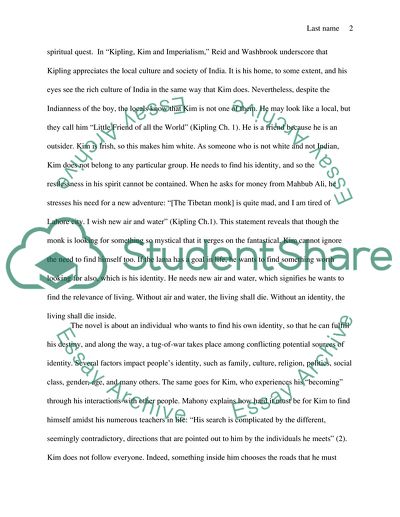Cite this document
(Imperialism, Individualism and the Great Game in Kim Novel Book Report/Review, n.d.)
Imperialism, Individualism and the Great Game in Kim Novel Book Report/Review. Retrieved from https://studentshare.org/literature/1782793-kim-novel-review
Imperialism, Individualism and the Great Game in Kim Novel Book Report/Review. Retrieved from https://studentshare.org/literature/1782793-kim-novel-review
(Imperialism, Individualism and the Great Game in Kim Novel Book Report/Review)
Imperialism, Individualism and the Great Game in Kim Novel Book Report/Review. https://studentshare.org/literature/1782793-kim-novel-review.
Imperialism, Individualism and the Great Game in Kim Novel Book Report/Review. https://studentshare.org/literature/1782793-kim-novel-review.
“Imperialism, Individualism and the Great Game in Kim Novel Book Report/Review”, n.d. https://studentshare.org/literature/1782793-kim-novel-review.


